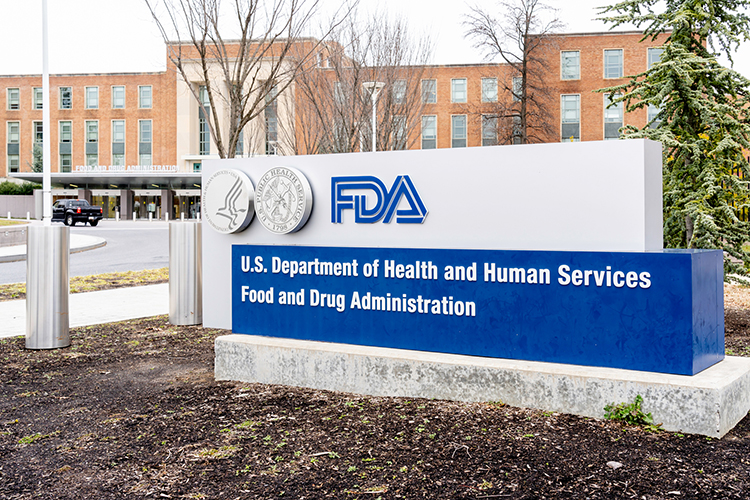
Today’s political climate seems to feature one surprise after another. Congress shocked the country late last month by voting in an overwhelmingly bipartisan fashion to avert a government shutdown that had been considered all but guaranteed. Another jolt came three days later when the House voted for the first time in American history to remove its speaker — all because he allowed the shutdown to be averted!
But even as shocking headlines seem to become the norm, important bipartisan policy work is quietly, gradually advancing. The National Milk Producers Federation (NMPF) has continued its efforts in 2023 to enact policies that position dairy farmers to fulfill their goal of becoming greenhouse gas neutral or better by 2050. A cornerstone of this goal is feed management to reduce enteric methane emissions, which can comprise as much as one-third of a dairy farm’s greenhouse gas footprint.
To make successful feed management a reality, NMPF is pursuing a two-step strategy. The first is securing Food and Drug Administration (FDA) approval of animal feed additives that can reduce enteric emissions. The second is using United States Department of Agriculture (USDA) conservation programs to get these innovative animal feed ingredients into enterprising producers’ hands. This year has been marked by critical progress on both steps.
In June, the Senate HELP Committee passed the Innovative FEED Act by a bipartisan of 19 votes to 2 votes. This important bill, led by Senators Roger Marshall (R-KS) and Tammy Baldwin (D-WI) would provide clear direction for the FDA to review promising animal feed ingredients in a safe but expeditious manner, getting them to market faster than animal drugs to help U.S. dairy farmers remain competitive globally. NMPF is working closely with partners in agriculture and conservation to enact this bill into law this year.
Then, just last month, USDA formally recognized feed management as a climate-smart conservation practice, better positioning dairy farmers to seek conservation support for voluntary uptake of animal feed ingredients. In that spirit, several NMPF members and partners have applied for Regional Conservation Partnership Program funding for the 2023 fiscal year to support dairy farmers who want to be on the front end of the rapid uptake of new feed additives.
Dairy farmers have long been environmental stewards who adapt to new technologies and opportunities. Important progress made on feed management this year, on Capitol Hill and at USDA, is setting the stage for continued innovation on the dairy farm for many years to come.
To comment, email your remarks to intel@hoards.com.
(c) Hoard's Dairyman Intel 2023
October 16, 2023








